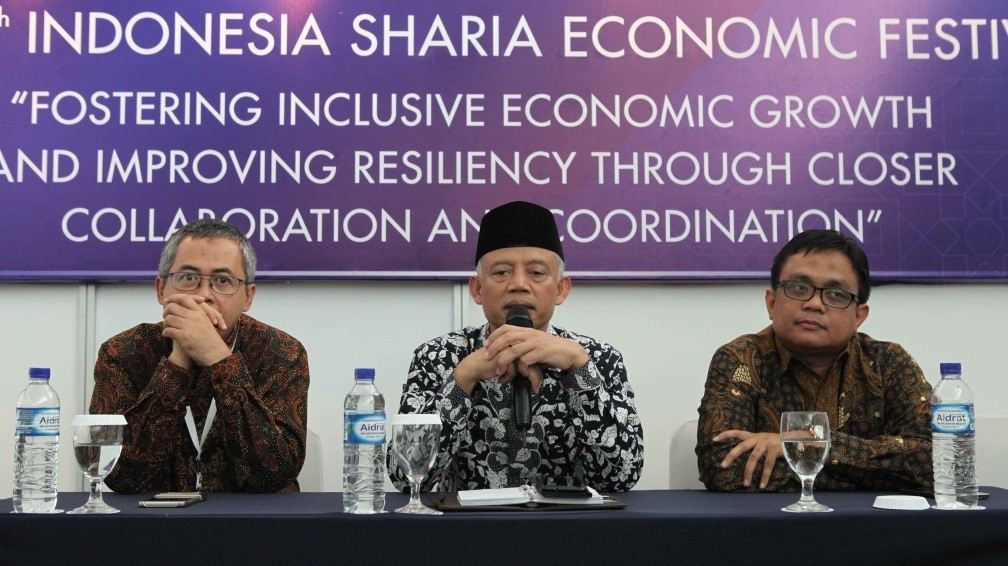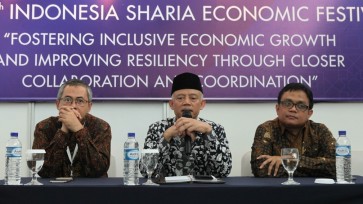Popular Reads
Top Results
Can't find what you're looking for?
View all search resultsPopular Reads
Top Results
Can't find what you're looking for?
View all search resultsIslamic finance and alliance for SDGs
Indonesia, with its already pioneering examples in Islamic finance, stands ready to assume a prominent role in maximizing the impact. #opinion
Change text size
Gift Premium Articles
to Anyone
A
s the world faces a gap of trillions of dollars in Sustainable Development Goals (SDGs)-financing, policymakers have been seeking to develop and combine new financing mechanisms that can help achieve the goals.
As one country that strongly supports the 2030 Development Agenda, Indonesia has been actively developing innovative finance for the SDGs and its emerging economy offers the perfect landscape for the alliance of two powerful instruments: Islamic finance and impact investing.
Impact investing is generally defined as investments made into companies, organizations and funds with the intention to generate positive social and environmental impact, on top of financial return. Its emphasis on bringing positive impact is in a similar vein as some of the sharia principle values of Islamic finance; life and wealth.
The other key shared principle is to pursue the inclusion of the poor and the marginalized who have no access to financial services. Both Islamic finance and impact investing can therefore be described are value-based investment structures.
Their scale is massive. A 2018 report by the Global Impact Investing Network says Indonesia is the biggest market for impact investing in Southeast Asia with a total value of US$3.6 billion as of 2017.
And yet, this is only a fraction of the global net value at around $502 billion, indicating ample room for further expansion with the increased resilience of Indonesia’s economic growth. Islamic finance is also rapidly growing with a global net value expected to surpass $3 trillion by 2020.
Against this backdrop, the fourth Annual Islamic Finance Conference organized this week in Surabaya by the Fiscal Policy Agency of the Finance Ministry, with support from the United Nations Development Program (UNDP), Islamic Development Bank and the World Bank brings together hundreds of impact investors from various sectors, development practitioners and Islamic finance experts, and focuses on building effective blending mechanisms between Islamic finance and impact investing.


















